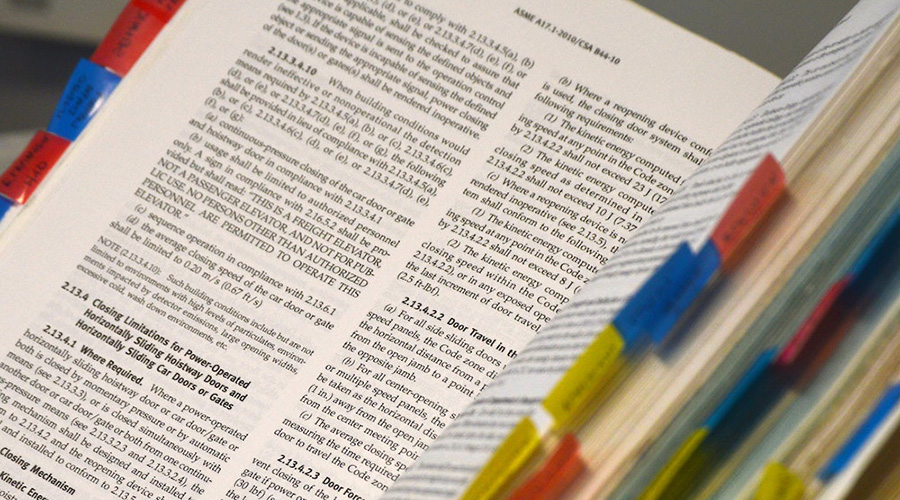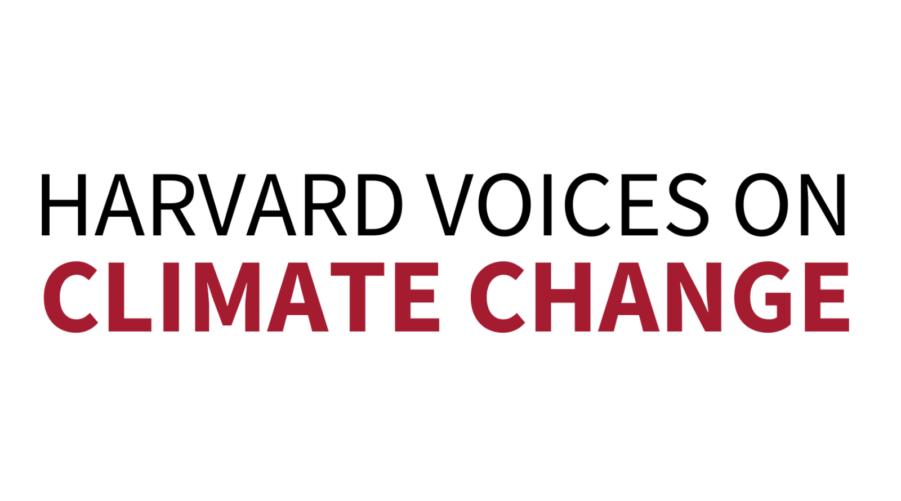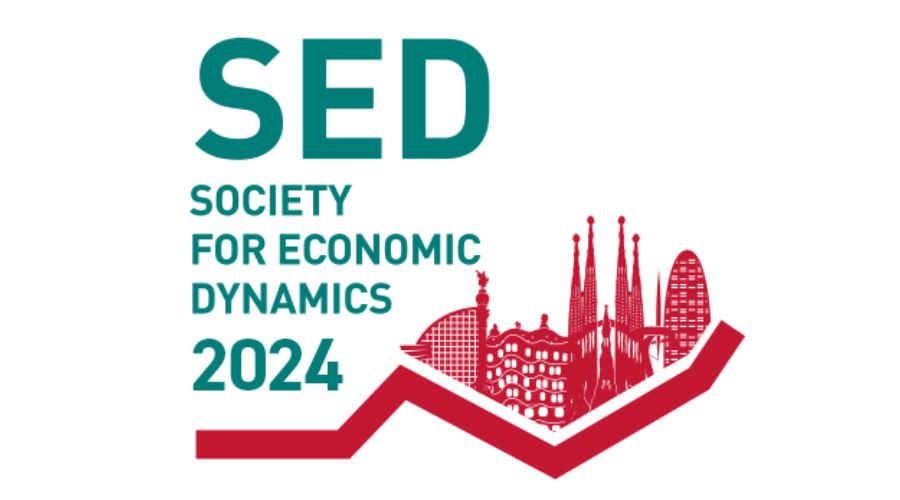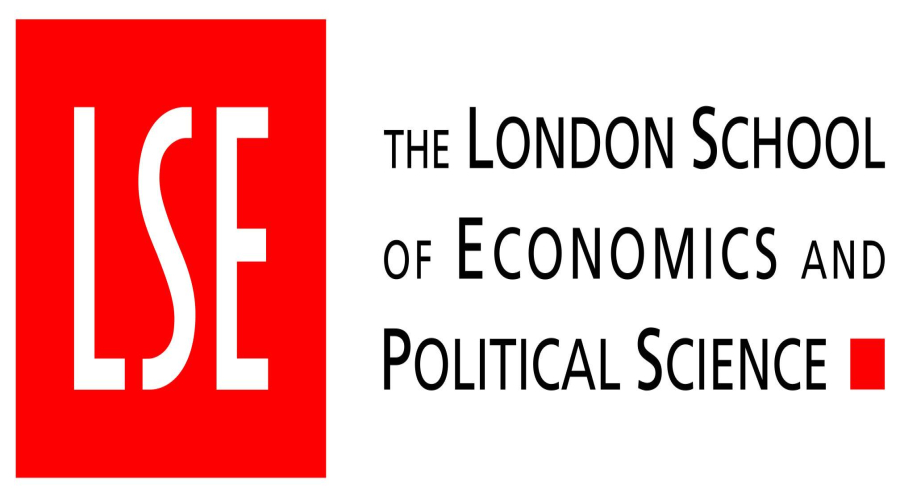Publications

Perceptions, Mindsets and Beliefs Shaping Policy Views (2024 Economica-Coase Lecture)
In this lecture, I investigate how perceptions, mindsets, and beliefs influence public attitudes toward economic policies, building on existing research. I introduce a conceptual framework that highlights the roles of self-interest, broader societal impacts, and cognitive mindsets—such as zero-sum thinking and partisanship—in shaping policy preferences. Using evidence from large-scale social

Perceptions, Mindsets and Beliefs Shaping Policy Views (2024 Economica-Coase Lecture)
In this lecture, I investigate how perceptions, mindsets, and beliefs influence public attitudes toward economic policies, building on existing research. I introduce a conceptual framework that highlights the roles of self-interest, broader societal impacts, and cognitive mindsets—such as zero-sum thinking and partisanship—in shaping policy preferences. Using evidence from large-scale social
All Publications
- Author(s): Stefanie Stantcheva
- Author(s): Christopher Roth, Ingar Haaland, Johannes Wohlfart, Stefanie Stantcheva
- Author(s): Alberto Binetti, Francesco Nuzzi, Stefanie Stantcheva
- Author(s): Stefanie Stantcheva
- Author(s): Beatrice Ferrario, Stefanie Stantcheva
- Author(s): Stefanie Stantcheva
- Author(s): Claus Kreiner, Kristoffer Hvidberg, Stefanie Stantcheva
- Author(s): Daniel Cohen, Eva Davoine, Martial Foucault, Stefanie Stantcheva, Yann Algan
- Author(s): Stefanie Stantcheva
- Author(s): Alberto Alesina, Stefanie Stantcheva
- Author(s): Alberto Alesina, Armando Miano, Stefanie Stantcheva
- Author(s): David Yang, Joyce Kim, Luca Braghieri, Marcella Alsan, Sarah Eichmeyer, Stefanie Stantcheva
- Author(s): David Cutler, David Yang, Marcella Alsan, Stefanie Stantcheva
- Author(s): Alberto Alesina, Armando Miano, Stefanie Stantcheva
- Author(s): Alberto Alesina, Edoardo Teso, Stefanie Stantcheva
- Author(s): Emmanuel Saez, Ilyana Kuziemko, Michael Norton, Stefanie Stantcheva

























